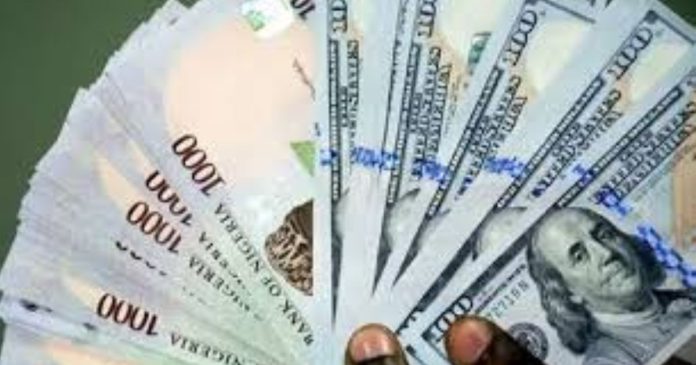The Nigerian Naira strengthened slightly in the parallel market, closing at N1,240 per dollar on Thursday. This represents a N5 appreciation compared to the previous day’s closing rate of N1,245. The recent uptick in the naira’s value coincides with the Central Bank of Nigeria’s (CBN) efforts to curb foreign exchange (FX) volatility.
One key measure implemented by the CBN is the directive for all authorized dealers to process personal and business travel allowances (PTA/BTA) electronically. This eliminates cash payouts and aims to enhance transparency and combat fraudulent activities in the FX market.
However, the move has created challenges for some importers struggling to secure necessary funds through both official and parallel market channels. Legitimate needs for FX, such as business travel, personal travel, educational expenses, and medical bills, are facing increased difficulty. The scarcity of dollars is further exacerbated by the high demand, pushing the exchange rate upwards.
Despite these challenges, the Association of Bureaux de Change Operators of Nigeria (ABCON) President, Dr. Aminu Gwadabe, expressed optimism. He credits the CBN’s policy tightening, including higher interest rates and increased investment in government instruments, with boosting dollar liquidity at the retail forex market.
Gwadabe also highlights the positive impact of the CBN’s re-engagement with Bureaux de Change (BDCs). He views their inclusion as a critical step towards demystifying illegal practices like hoarding and currency speculation. Furthermore, he believes it has facilitated exchange rate convergence, meaning a narrowing gap between the official and parallel market rates.
The ABCON President anticipates the recent stability in the exchange rate to translate into lower prices for goods and services. He cites potential reductions in international school fees, medical tourism costs, and airfare as examples. Gwadabe suggests these developments may help curb inflation and bolster public confidence in the naira, ultimately reducing the prevalence of currency substitution – the practice of holding foreign currency over the naira.
While the short-term impact of the CBN’s policies remains to be seen, the recent appreciation of the naira in the parallel market offers a glimmer of hope for Nigerian consumers. However, concerns persist regarding access to FX for legitimate purposes, and the long-term sustainability of the current trend requires close monitoring.


